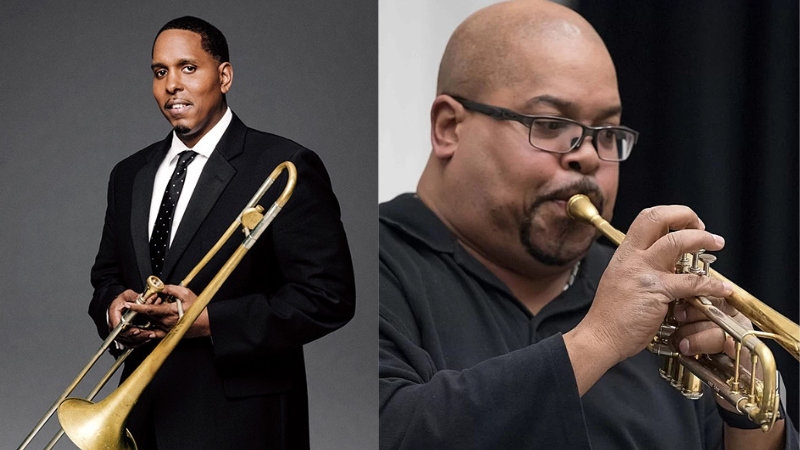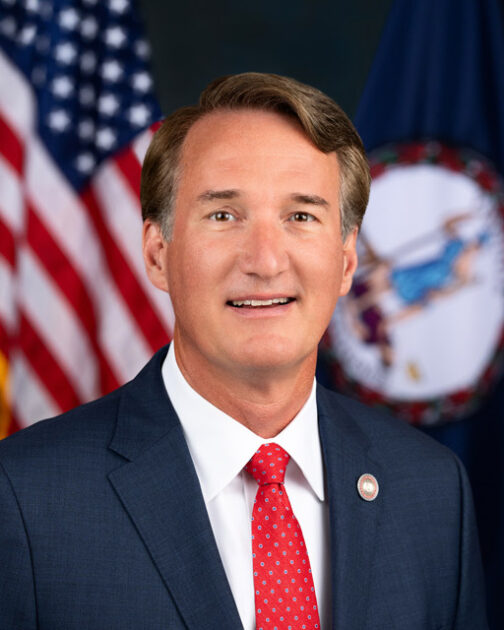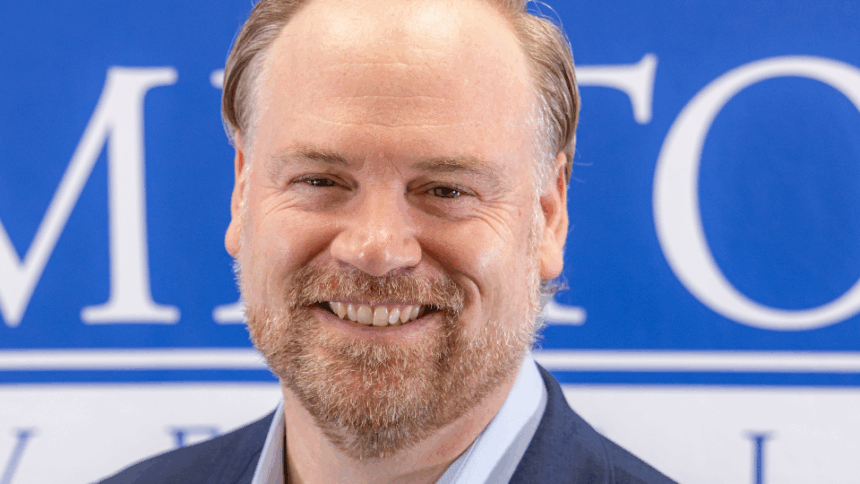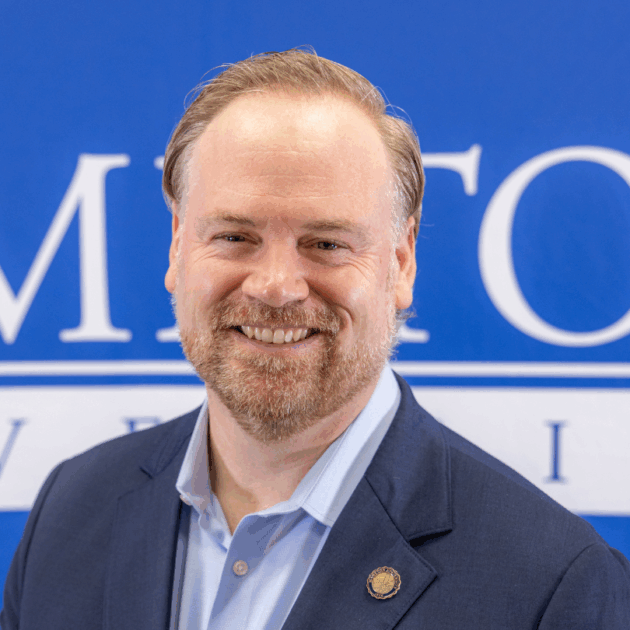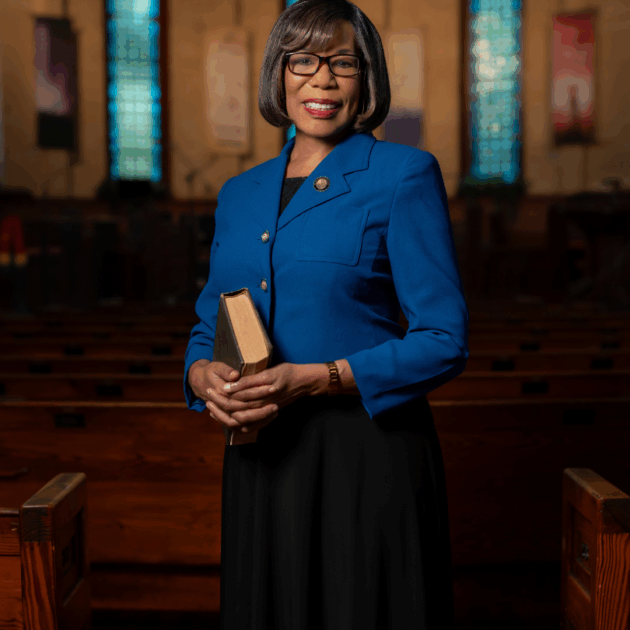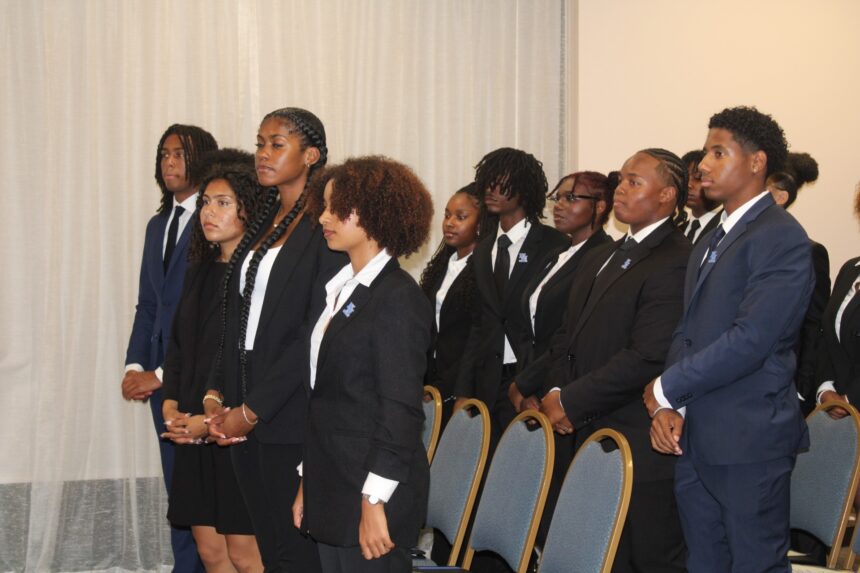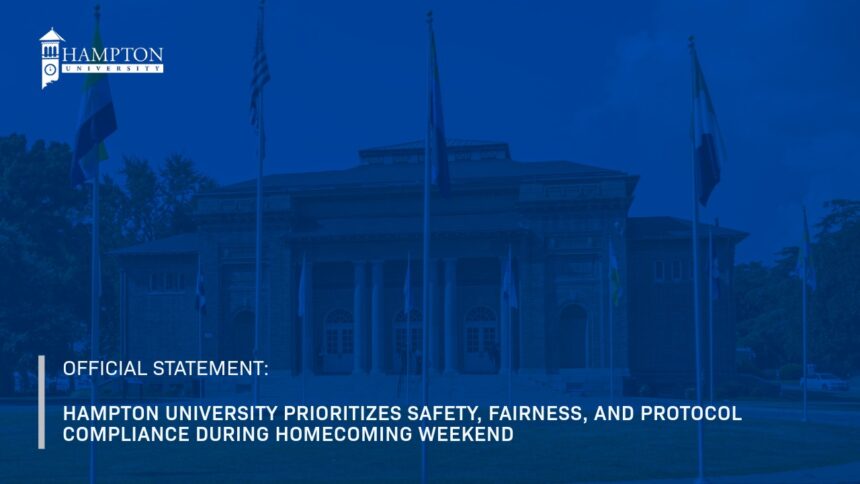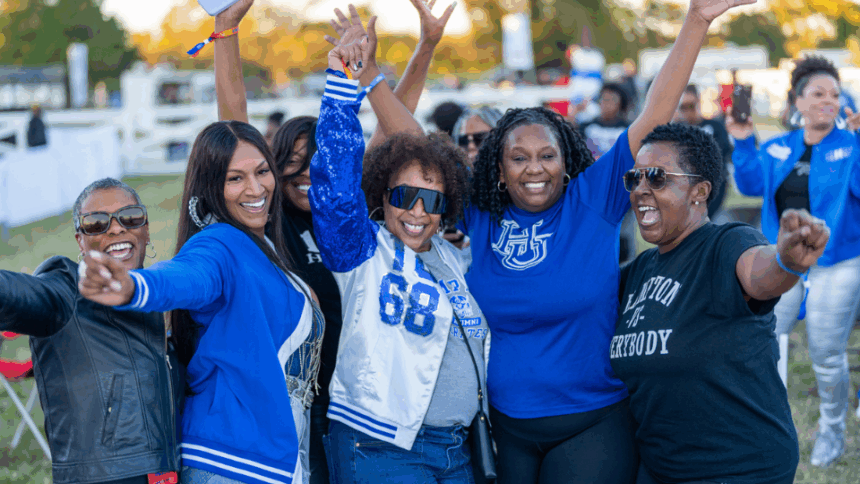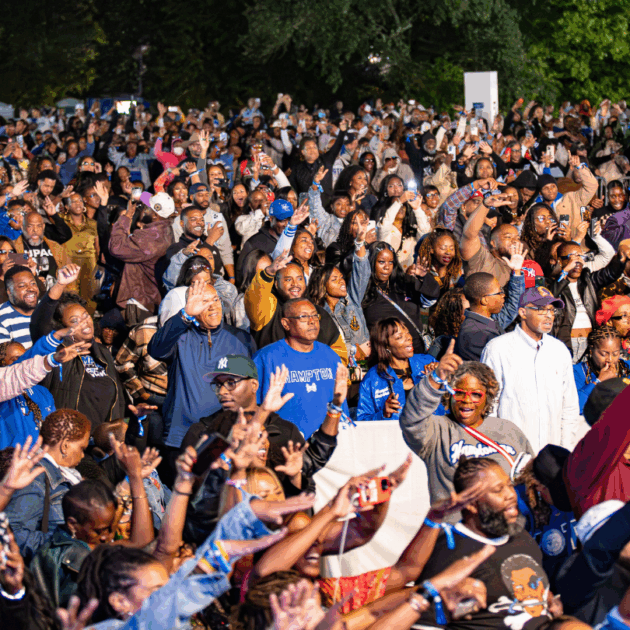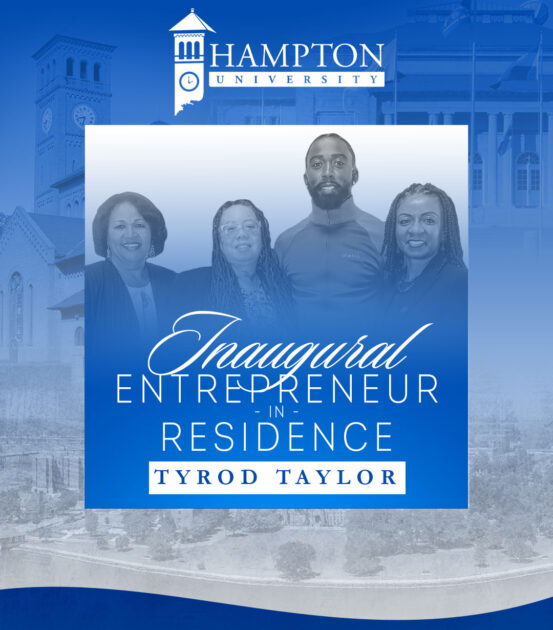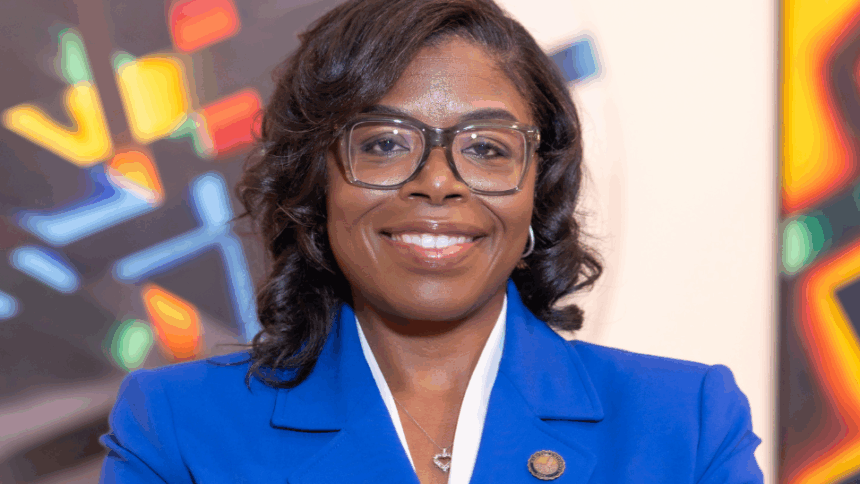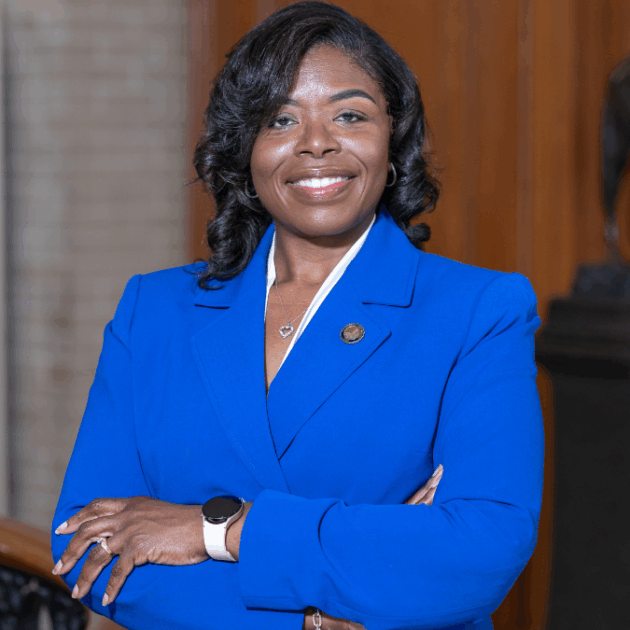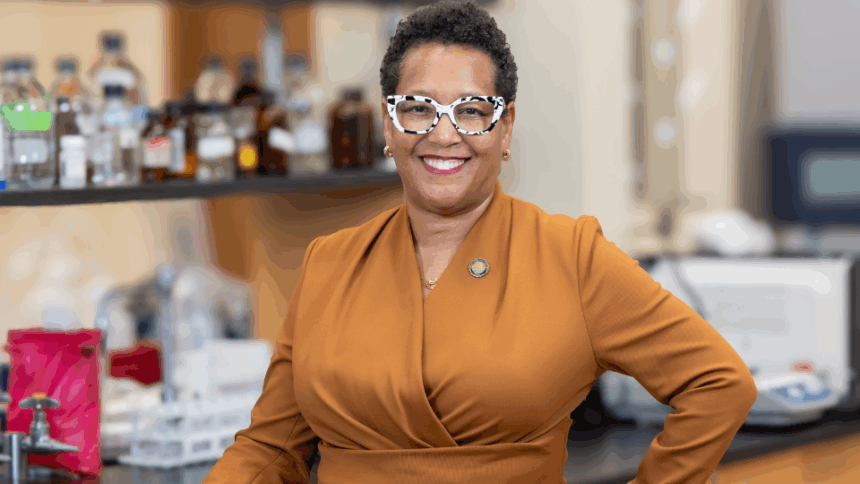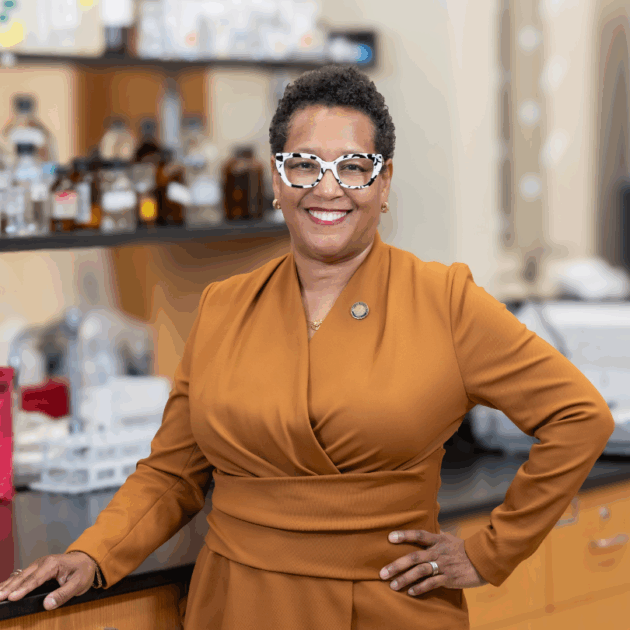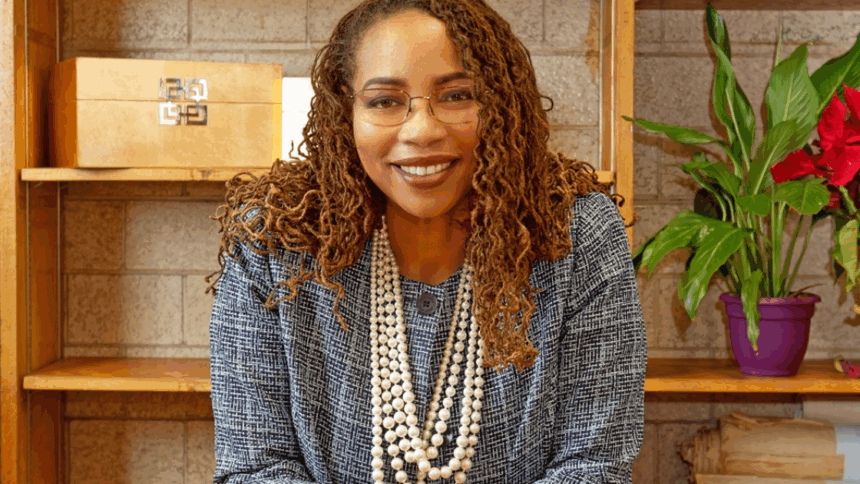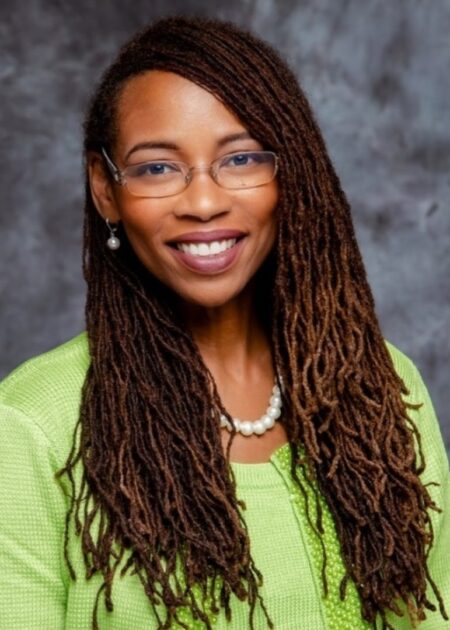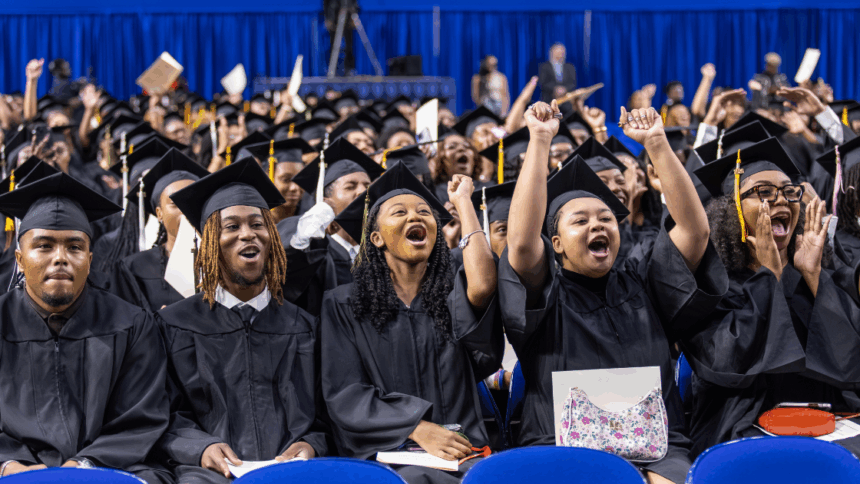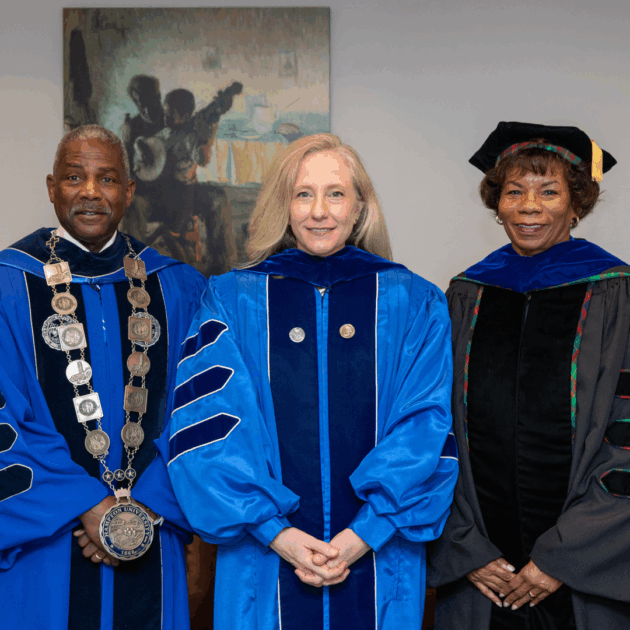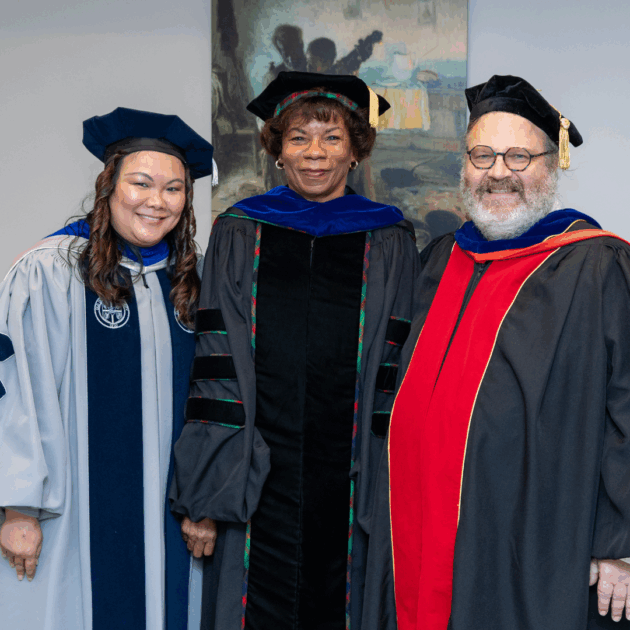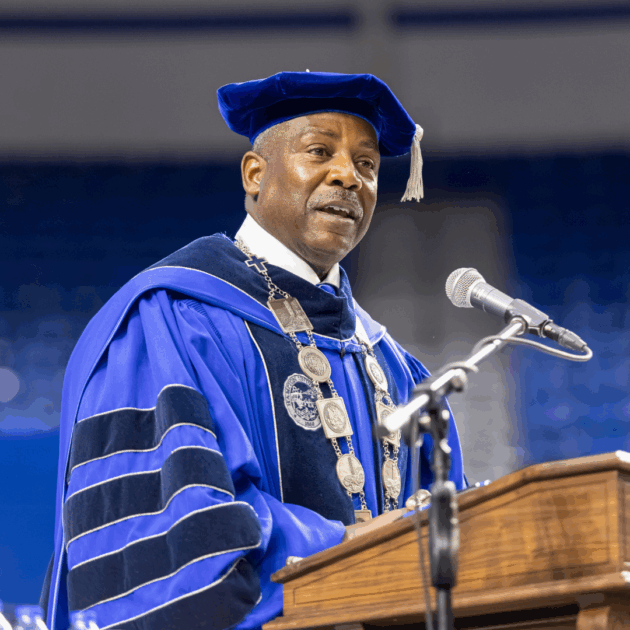Jazz Visionaries the Gardner Brothers to Headline Inaugural 2025 Jazz Performance Institute November 12–14, Elevates Campus Music Offerings
Three-day performance event to inspire the next generation of musicians, sessions geared towards high school students.
HAMPTON, VA (November 6, 2025) — Hampton University is proud to announce the inaugural Hampton University Jazz Performance Institute (HUJPI), a three-day educational and performance event will be held November 12–14, 2025, at Ogden Hall. Funded by the National Endowment for the Arts, HUJPI offers students and the community an exciting opportunity to explore the art of jazz through workshops, performances, and competitions led by world-class musicians.
Celebrating Jazz Education and Performance

The 2025 HUJPI will feature two internationally recognized jazz artists and educators — Derrick Gardner, Director of Jazz Studies at Northwestern University and Hampton University alumnus, and Vincent Gardner, trombonist with Jazz at Lincoln Center and Artistic and Education Director of Jazz Houston.
“The Jazz Performance Institute represents the perfect blend of artistry, education, and musical legacy that defines our institution,” said School of Liberal Arts & Education Dean Linda Malone-Colon. “By hosting the Gardner Brothers, one of whom is a distinguished alumnus, we’re reaffirming our commitment to cultivating cultural excellence and inspiring the next generation of musicians to lead with passion, creativity, and purpose.”
“This initiative reflects Hampton’s unwavering commitment to developing technically skilled, culturally grounded musicians,” said Dr. Demarr Woods, Chair of the Department of Music and Performing Arts. “Jazz is a living tradition that calls students to discipline, innovation, and soul. With the Gardner Brothers guiding this experience, students will gain both the technical breadth and artistic depth needed to carry this music forward in meaningful ways.”
Throughout the three-day event, the Gardner Brothers will lead masterclasses, improvisation workshops, and panel discussions on the music industry. They will also serve as adjudicators for the High School Jazz Band Competition, which will highlight six talented ensembles from across the nation. Each band will perform three selections and receive a rating of either “Superior” or “Excellent,” along with professional feedback and a participation trophy.
The event will conclude with a ticketed full concert on Friday, November 14, at 6 p.m. in Ogden Hall. Tickets may be purchased here.
Opportunities for Young Musicians
In addition to live performances, students will participate in sessions on jazz composition, improvisation, and music business practices. Optional auditions for Hampton University music program scholarships will also be available throughout the event.
About the Hampton University Jazz Performance Institute
The Hampton University Jazz Performance Institute (HUJPI) provides an immersive experience for high school and university-level musicians to learn jazz performance, history, and composition from leading jazz educators. The event promotes collaboration among young artists and celebrates the enduring legacy of jazz at one of the nation’s finest historically Black universities.
Hampton University: A National Leader in Research, Innovation, and Opportunity
Hampton University is a prestigious Carnegie R2-designated research institution, nationally acclaimed for its pioneering work in atmospheric science, cancer treatment, and aerospace. With an annual economic impact of $530 million across the region and the Commonwealth of Virginia, Hampton stands as a powerful engine of innovation, workforce development, and inclusive economic growth.
Consistently recognized for academic excellence and transformative outcomes, Hampton ranks in the Top 10 HBCUs by U.S. News & World Report, was recently named one of the “Best Colleges in America” by Money magazine, and honored as the “Best Private College” by Coastal Virginia Magazine.
Founded in 1868, Hampton University is a proud, close-knit, vibrant community of scholars, representing nearly every 44 states and 32 territories. With a legacy rooted in empowerment and education, the university is committed dedicated to fostering intellectual curiosity, critical thinking, and global citizenship, preparing students to lead with purpose and integrity in a rapidly evolving world. Learn more at: www.hamptonu.edu.
For media inquiries, please contact Mahogany Waldon in the Office of University Relations at 757-727-5987 or mahogany.waldon@hamptonu.edu
![]()

